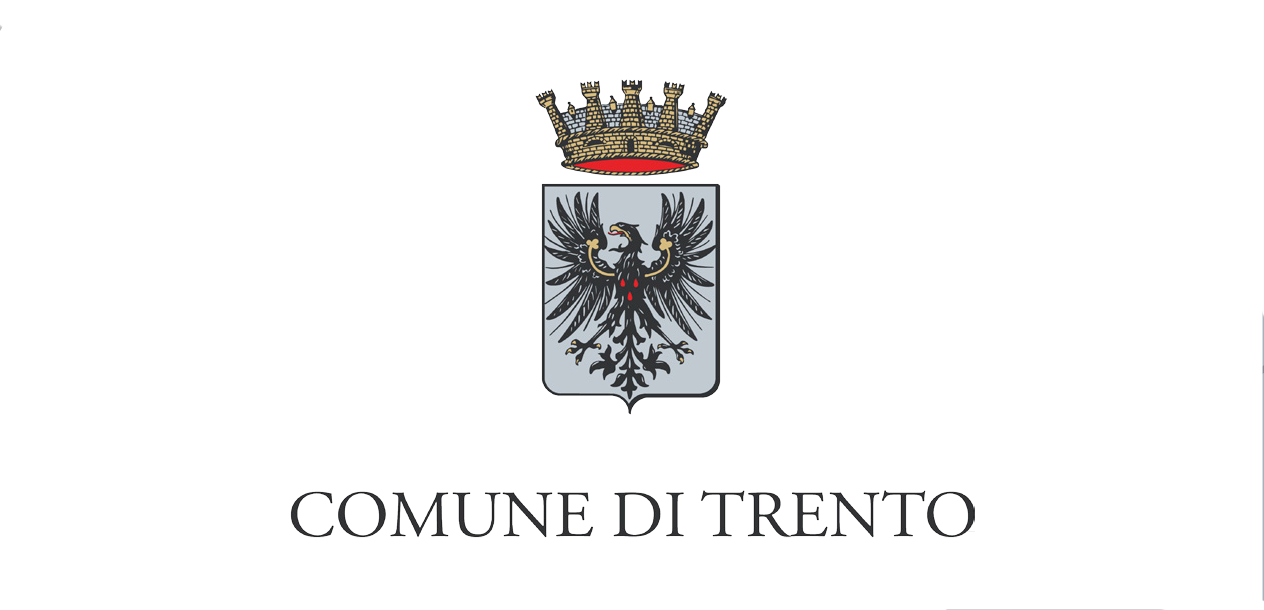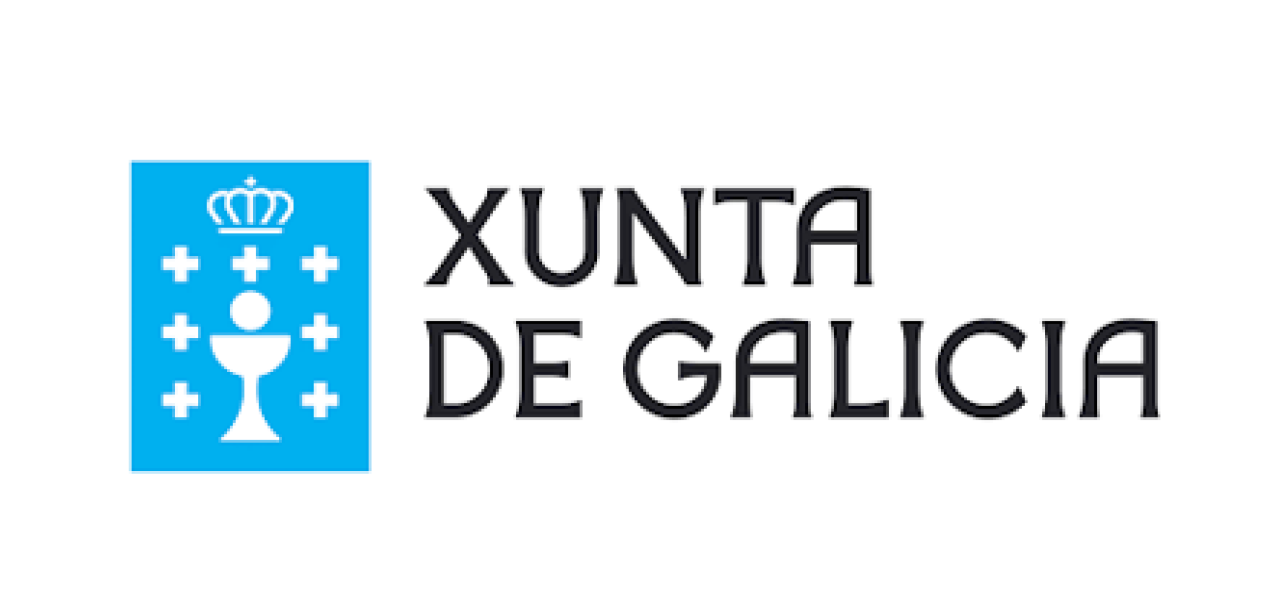The consortium

Fondazione Bruno Kessler, in Trento, Italy, is a private no profit research institution subsidized by the Province of Trento. FBK is divided in several centres and its mission is to develop both knowledge and expertise in the fields of Information Technology, Microsystems/Microelectronics and Social science, aiming to conduct technology transfer at the local, national and international industrial level.
The Centre for Information and Communication Technology department – ICT is the involved in the present project. It focuses upon high quality research, in the fields Cognitive computing, Big Data Analytics and Adaptable, Reliable and Secure Systems. ICT centre specific mission is not only to conduct excellent research, but also to apply research results in concrete applications able to create impact on the local territory and to improve the quality of life of its citizens. The ICT centre accomplishes this through a series of High Impact Initiatives that work in high-interest areas such as Smart Communities and Health & Well Being.
The University of Deusto, recently recognized as an International Excellence Campus, was founded in 1886 and comprises 6 Faculties: Psychology and Education, Human and Social Sciences, Engineering, Law, Business and Economic Sciences and Theology. The MORElab – envisioning Future Internet research group is one of the largest and most successful research groups in the University and belongs to the Internet unit within DeustoTech – Deusto Institute of Technology, affiliated to the Faculty of Engineering of the University of Deusto. The group has a strong background in the application of Artificial Intelligence techniques to middleware for embedded and mobile systems in order to foster context-aware reactivity. In addition, the group is currently focusing its research on the area of Smart Cities by leveraging its expertise on Ubiquitous Computing, Social Computing, Linked Open Data management and recommendation and social data mining (Big Data Analytics) to extract structured data from social networks and thus enable urban apps assisting the daily activities of citizens or visitors.


The University of Sheffield will participate in the project through the Natural Language Processing (NLP) Group. Created in 1993, this group is one of the largest language technology clusters in Europe, with approximately 50 researchers including two professors, one reader, two senior lecturers and one lecturer, together with 25 research staff, 24 PhD students and dedicated administrative and support staff. The group has secured external funding for over 100 research contracts totalling more than 35 million euros from UK Research Councils, the European Commission, and a variety of industrial and other government sources.
The group is based in the Department of Computer Science, and includes world-class teams in the areas of speech, language, knowledge and information processing and machine learning, among others. The Department of Computer Science was founded in 1982 and since then has established national and international renown for many aspects of its teaching and research. The department was rated the 5th in the country in the most recent UK Government research assessment exercise (2014). Companies that support its work include Daimler-Chrysler, GlaxoSmithKline, Motorola and Nokia.
Engineering Ingegneria Informatica S.p.A. is the head company of the ENGINEERING Group. Engineering was founded in 1980, and it is currently the first IT group in Italy, among the top 10 IT groups in Europe. It has over 7.300 employees and 43 branch offices in Italy and abroad, with an established presence in Belgium, Lebanon, Republic of Serbia, Latin America and USA. The group produces IT innovation to more than 1.000 large clients, with a complete offer combining system and business integration, outsourcing, cloud services, consulting, and proprietary solutions. Engineering Data Centres offer business continuity and IT infrastructure management to about 15.000 servers and 230.000 workstations. In 2013, consolidated revenues are 822,8 millions of euro.
Engineering operates through in the following business units: Finance, Central Government, Local Government and Healthcare, Energy & Utilities, Industry and Telecoms, delivering innovative IT solutions to main vertical markets: Aerospace, Insurance, Automotive, Banks, Consumer Products, Defence and Aerospace, Energy & Utilities, Training, Central & Local Government, Homeland Security, Life Science, Manufacturing, Media, International Organisation, Retail, Healthcare, Telecommunications, Transports, Welfare.
Since 1987, Engineering innovation capability is supported by its Central Department of Research & Development, with around 250 researchers currently involved in over 50 research projects. R&D Department have been participating in several National and European research initiatives co-funded by EC and the Italian Research Ministry, with about 20M euro/year of co-funding. The R&D Department is located across 6 different locations in Italy and in Europe.


Hi-Iberia Ingenieria y Proyectos SL is a Software Development SME founded in 1999 and integrated into HI-IBERIA group (HI-Iberia Ingeniería y Proyectos SL, Seaplace SL and Howards Ingeniería SL).
Nowadays, the group accounts more than 200 professionals, of which 130 in HI-IBERIA HI-Research, which is the R&D department at HI-IBERIA. It has interest in the following fields: Mobile technologies; SW development for handheld and embedded devices; Semantic data mining, annotation, search engines; Simulation; Business Models and Regulatory Research; Logistics and Control Systems Research.
Sparta Technologies Ltd is private company specializing in software and ecommerce platform development to help reduce social exclusion, increase customers trust and create better exchange platforms by using mobile and innovative approaches in social and healthcare applications.
Sparta offers expertise in platform development, social engagement and community application development and platform integration, mobile app development, CRM solutions and data analytics; with experience gained by working on various EU and public sector projects. Our current role is as technical partner in CLIPS, an EU funded project to showcase the benefits of Cloud computing for public services.


BEng Business Engineering S.r.l. is a SME founded in November 2013. It was born from an idea of its members to turn into business the scientific know-how grown during members’ academic experience, and witnessed by many publications appeared in international journals and conference proceedings.
BEng’s mission is to improve both private and public enterprise’s performances through intelligent use of standardised and consolidated management methodologies and technologies.
The company provides highly professional consultancy and IT innovation to local enterprises with an offer that combines management methodologies, system integration and proprietary solutions.
From a technological point of view, BENG focuses on Service Oriented Architecture (SOA), Business Process Management (BPM) and Dynamic Case Management (DCM) in order to deliver high automation and real time measurement and control of operational, support and strategic business processes’ performances.
Comune di Trento – Trento is an Italian town of ca. 116,000 inhabitants located in Trentino-Alto Adige/Südtirol between the valleys leading from the Brenner Pass to the Dolomites, Garda Lake, Verona and Venice. Thanks to this geographical location, Trento has historically represented an ideal bridge between the Italian and the German culture. Today, Trento is a lively town, characterised by a plural identity and committed to combine smart development and innovation with the typical charm of an Alpine town with valuable historical and cultural heritage. The local economy is characterised by a modern service sector as well as by a quite consolidated public-private partnership—as evidenced by the presence of a University with outstanding international character and excellent innovative research centres. Moreover, Trento is positioned at the top of Italian cities’ rankings concerning aspects such as the education system, business and job opportunities, quality of life, the satisfaction of public services and environmental sustainability. The Municipality employs ca. 1,500 collaborators and it is organised in three areas: Human, financial and instrumental resources; Citizen services; Technical area of the territory. The broad spectrum of interventions of the Municipality includes strategic areas such as social cohesion, economic development, urban security, education and training, youth policy, culture and libraries, sports, urban mobility, land management and environment. Part of the interventions are carried out through subsidiary companies and a close partnership with the Third Sector. The mission of the Municipality is to produce well-being and provide quality services for its employees and for citizens. In this view, since 2001, the Municipality has undergone a process to introduce total quality management (EFQM and CAF) in its organisation, obtaining a number of certifications and awards.


Xunta de Galicia – Galicia is the Regional Government of Galicia, Spain. Consellería de Traballo e Benestar (Regional Ministry of Labour and Welfare) is one of the departments of Xunta de Galicia. It is in charge of proposing and implementing the general guidelines of the Regional Government in labour and welfare areas, which include the responsibility for active employment policy, labour policy, labour relations and occupational health, cooperatives and other social economy organisations, training and work placement, as well as has the responsibility for social services, including family policies, children, welfare, social inclusion, community services, immigration, care for people with disabilities and elderly people, the promotion of personal autonomy and care for people in situations of dependency and youth policies and volunteering.
Sheffield City Council – It is the council of a city and metropolitan borough in South Yorkshire, England. With some of its Southern suburbs annexed from Derbyshire, the city has grown from its largely industrial roots to encompass a wider economic base. The population of the City of Sheffield is 551,800 (2011 est.) and it is one of the eight largest regional English cities that make up the Core Cities Group. Sheffield is the third largest English district by population. The metropolitan population of Sheffield is 1,569,000.

